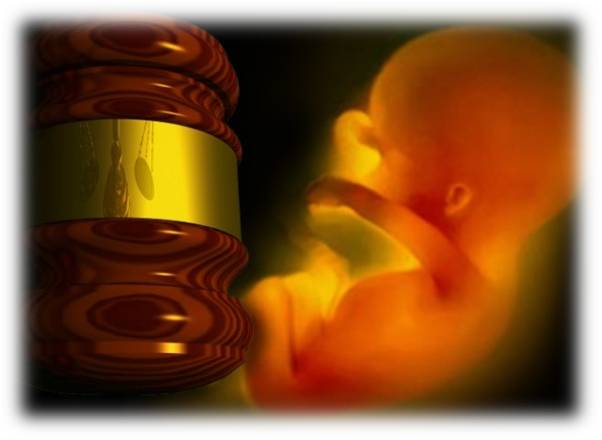For more than six months, the U.S. Supreme Court has been delaying a decision about a Mississippi pro-life law that bans abortions after 15 weeks.
And on Monday, it did so again.
Last summer, Mississippi Attorney General Lynn Fitch, the first female to hold the position, asked the Supreme Court to hear the case and allow the state to protect unborn babies from abortions.
But the justices have not issued a decision about whether they even want to hear the case, Dobbs v. Jackson Women’s Health Organization.
Initially, National Review writer Ed Whelan expressed optimism about the case, arguing that it could be “the best opportunity the Supreme Court will ever have to overturn Roe v. Wade.”
He pointed out that the high court has a 6-3 conservative majority, and the case presents an opportunity for the justices to overturn or at least roll back Roe.
Most Americans support strong limits on abortions after the first trimester, and upholding the Mississippi law would allow states to enact laws that reflect that consensus, he said. Currently, under Roe and Planned Parenthood v. Casey, states are prohibited from banning abortions prior to viability.
Whelan said most European countries also prohibit or strongly limit abortions after 15 weeks of pregnancy. So, the Mississippi law is far from extreme.
But after such a long delay by the high court, Whelan said he is finding it “difficult to be optimistic” about the case.
“One dispiriting possibility is that the petition was unable to garner the four votes needed for a grant of certiorari [an agreement to hear the case] and that one or more justices are in the process of writing a dissent from the Court’s failure to grant,” he wrote. “If the Court ends up failing to grant certiorari, there will be ample cause for deep disappointment with any conservative justices who failed to provide the needed votes.”
Follow LifeNews on the MeWe social media network for the latest pro-life news free from Facebook’s censorship!
The 2018 Mississippi law prohibits abortions after 15 weeks except when there are risks to the life or physical health of the mother or fatal fetal anomalies. Based on state health records, about 200 unborn babies between 15 and 20 weeks are aborted every year in Mississippi.
However, the state has not been allowed to enforce the pro-life law because of a court ruling declaring it unconstitutional under Roe.
In June 2020, the state attorney general’s office submitted its petition urging the Supreme Court to hear the case.
“The petition asks the court to clarify its jurisprudence on abortion to allow states like ours to enact laws that further their legitimate interests in protecting maternal health, safeguarding unborn babies, and promoting respect for innocent and vulnerable life,” Fitch said in a statement in June. “We are hopeful that the court will accept our case and allow Mississippi to defend innocent life as the legislature and the people of this great state intend.”
Polls consistently find strong public support for abortion restrictions after the first trimester. Gallup has been asking about the legality of abortions by trimester for decades. Its polls have found steady, strong opposition to abortions in the second and third trimesters.
Additionally, a 2019 Hill-HarrisX poll found that 55 percent of voters said they do not think laws banning abortions after six weeks – when an unborn baby’s heartbeat is detectable – are too restrictive.
In a separate case, Mississippi also is fighting in court to defend its heartbeat law, which would protect almost all unborn babies from abortions in the state.
The Supreme Court took away the states’ ability to protect unborn babies from abortion, and instead allowed abortion on demand through all nine months of pregnancy. Roe made the United States one of only seven countries in the world that allows elective abortions after 20 weeks.
Though the high court currently has a conservative majority, Chief Justice John Roberts, who was nominated by a Republican president, has sided with the liberal justices on a number of occasions. Most of the justices have seemed reluctant to consider controversial abortion cases.








